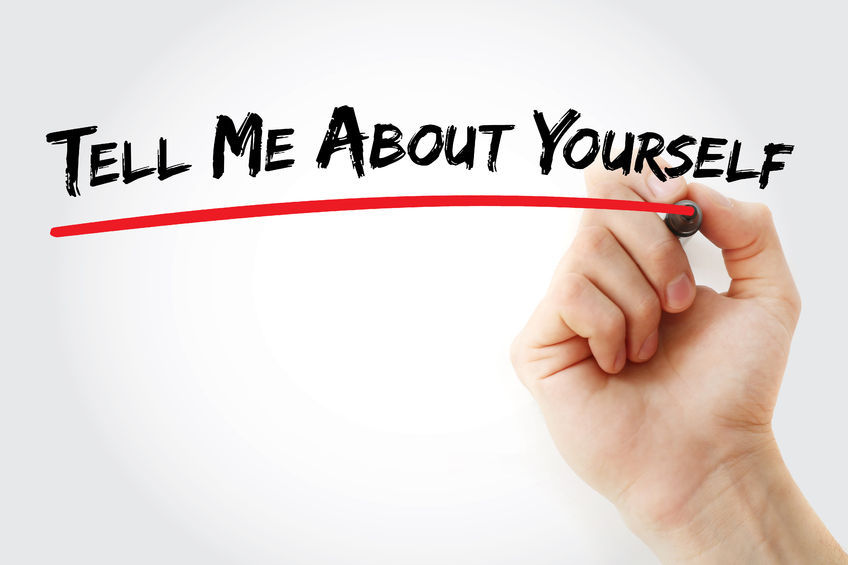Tell Me About Yourself
Do you dread the interview question – Tell me about yourself?

One thing I have learned from all of the Birkman feedback I have given in the last five years is that most of us do not see ourselves the way other people see us.
How can you answer the tell me about yourself question when you do not know yourself?
Whether you are writing a resume, a LinkedIn profile, or just crafting an answer to the interview question, “Tell me about yourself,” the key is to be authentic. You want to describe yourself how you are perceived and not how you want to be perceived. You do not want to sell an image that is not authentic.
I am going to give you several methods for building a personal vocabulary list that you can use in your tell me about yourself story.
Assessments
You have likely taken a few personality assessments in your life. This could be Meyers-Briggs (MBTI), Birkman, DISC, Strength Finders, Kolbe, or others. Get those reports out and pick out the words and phrases that resonate with you.
I use the Strength Phrases in the Components Section of the Birkman report. There are eleven behaviors and the report provides three strength phrases for each – for a total of thirty-three phrases. I have the clients pick out 8-15 phrases that resonate with them. I then have them translate the phrases into their own language.
You can do this with terms from any of the reports. The takeaway is these phrases have to resonate with you AND you need to translate them into phrases that you are completely comfortable using.
This is step one in building your tell me about yourself story.
LinkedIn recommendations
Sort through your LinkedIn recommendations and look for phrases that people have used to describe you. You can do this with past recommendations that people have written for jobs that you have applied for. Similarly, you can pull out old job reviews or evaluations that were written about your performance. Look for words and phrases that were used to describe you and your performance.
You may want to use these phrases as is or do some tweaking to make it more comfortable for you. Remember the words have to roll off your tongue. If you are not comfortable with some of the words or phrases, get out the thesaurus or go to Thesaurus.com and find equivalent words. If you are still uncomfortable with the words then do not use them.
Friends, Colleagues, and Family
Create a list of friends, colleagues, and even family that you know and trust. Ask them to create a short list of 3-5 words or phrases that describe you.
You may be very surprised!
Another fun one is to ask – If I were an animal, what animal would I be and why?
Only use this with people you really trust!!
Again, You may want to use these phrases as is or do some tweaking to make them feel more comfortable for you to use. Go to the thesaurus if you need to find the vocabulary that you are comfortable using.
Create Your “Tell Me About Yourself” Story
Create a list of the words and phrases that you have created from the 3 steps above on a single piece of paper.
Categorize each word or phrase as being a personal or professional attribute.
I want you to create two tell me about yourself stories – a personal and a professional one.
I think you know why. You may well have personal attributes that you will not want to share in a job interview. Maybe people see you are caring and empathetic. If you are a guy, you may not want to share that in an interview.
Practice telling these stories to a variety of people you trust and get some honest feedback. You should be able to tell this story in less than 60 seconds.
This is all about telling the other person who you are and NOT what you have done in your career.
You will want to use this same vocabulary when writing your brand story.
Check out the following posts on writing your brand story:
- 3 Themes for Writing Your Brand Story
- 3 Key Elements of Your Brand Story
- Your Brand Story – Who Should Write It?
Find the words that describe you, translate them into your language, and then create your tell me about yourself story.



Great suggestions from Marc so you understand the career that fits your personality and style then leading to increased career satisfaction=happiness.